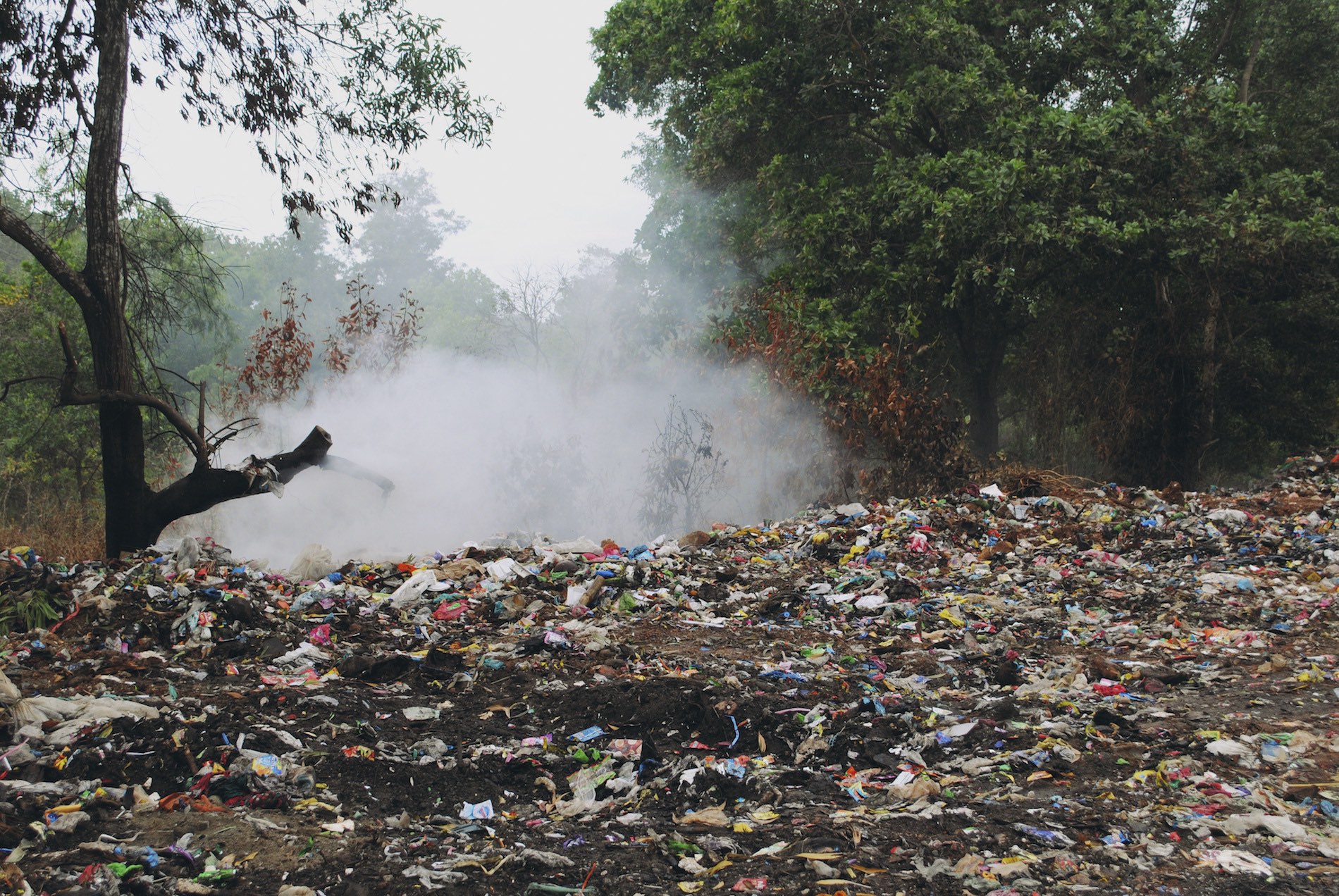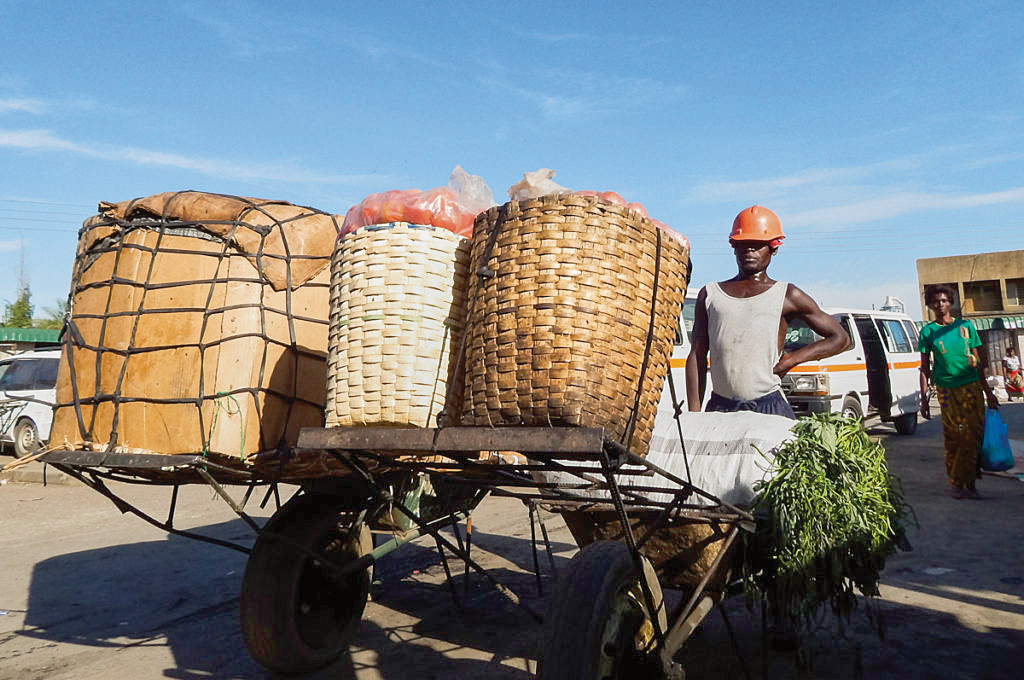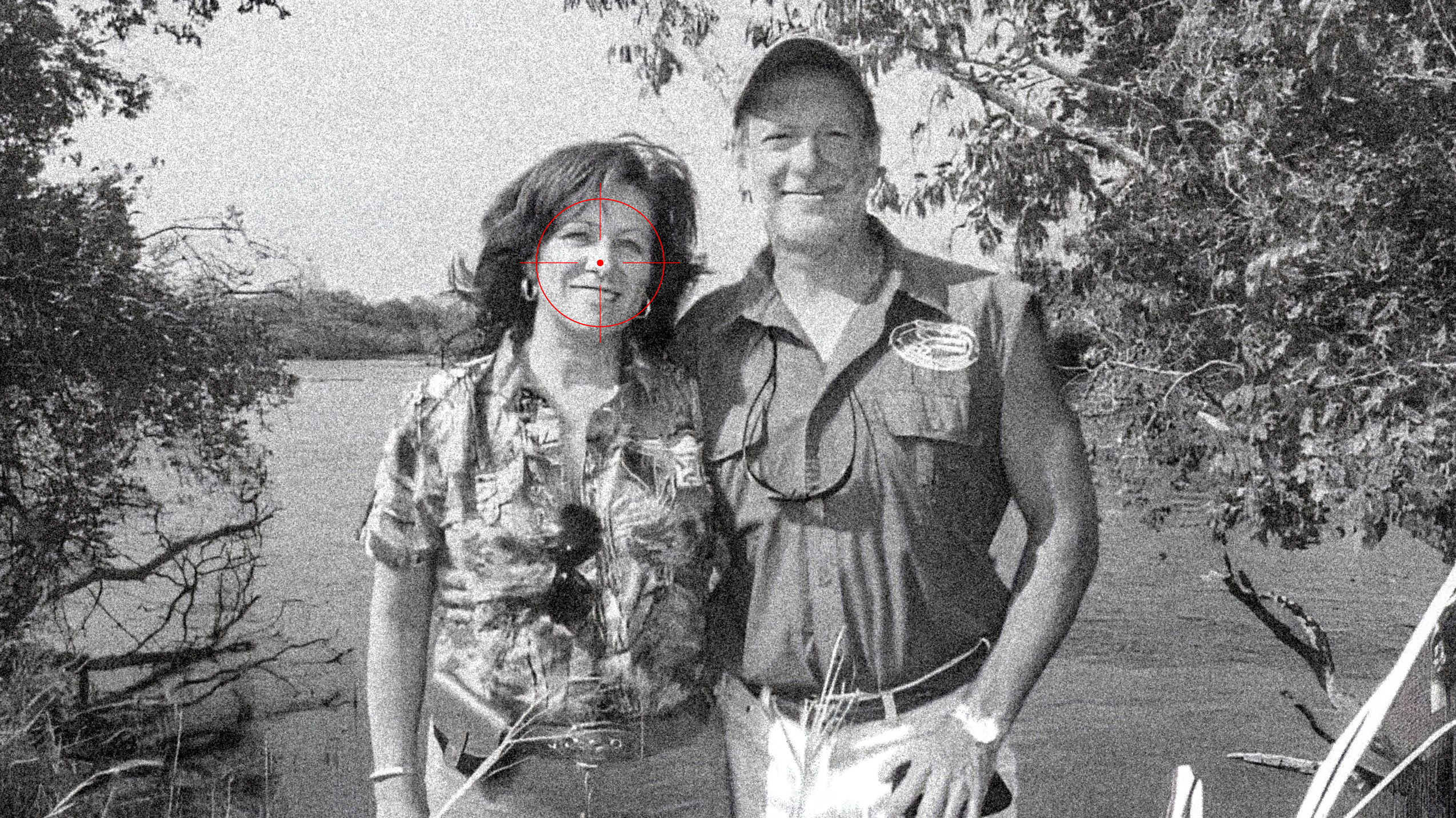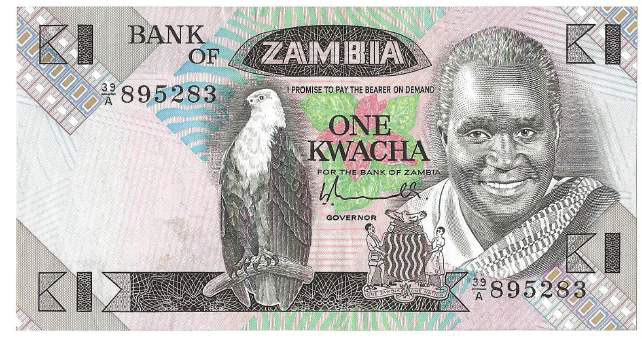The algorithms decided that I would be interested in watching a tsunami video, and the cover photo was extraordinary. A cruise boat tipping in a massive wave. Unbelievable I thought. Well, I was right. Intrigued, I watched the video and indeed the cover photo was a fake but it had done its job and convinced my index finger to double click. It turned out to be a sketchy smart phone video. The scene was of a beach just before a tsunami hits. It was hard to watch. People were standing on the beach looking at the retreating sea. I could hear the comments “what is happening”, “where has the water gone”. Then individuals started to react, encouraging others to run. One man just stood there. People shouted at him but he remained unmoved, standing and staring at low water with the surge of water visible on the horizon. This, I realise, is how I feel about our reaction as we watch the environmental tsunami that is heading our way. Some are responding, and encouraging others but too many are just standing and watching.
The use of plastic is one major part of that tsunami. Plastic is an integral part of our lives. We are touching it all day and much of that plastic we only touch or use once. Single-use shopping bags, packaging, plastic bottles for drinks, take away food, straws are in and out of our hands in an average of twenty minutes. An estimated 50% of the plastic we use, we use just once and throw away. Plastic accounts for around 10% of the total waste we generate and so 5% of our garbage is used for an average of 20 minutes. That includes approximately 500 billion plastic bags each year globally. Plastic takes 500-1000 years to degrade, depending on the weight, and the toxic chemicals enter the environment during the process. The discarded plastic packaging pollutes our world in many ways. It clogs up our drains and sewers, it litters our streets, animals eat and die from it, and rivers are polluted. Rivers and the plastic they carry, flow into the oceans. The massive floating garbage patches in the oceans and their impact on the marine wildlife are now well reported.
This is not news, yet in Zambia, without legislation in place we use plastic bags as if there is no short or long-term impact at all. The supermarkets packers usually put two or three items in each bag and grab the next bag. Any purchase, however small, will be put in a bag. It is a culture of using plastic bags at every opportunity. And yet it is so easy to bring your own reusable bags, or refuse a bag for items that you can carry. At the very least, ask for the bags to be filled up.
Kenya recently made a bold move, after two previous attempts (2007 and 2011), and banned use, manufacture and importation of all plastic bags used for commercial and household packaging. There is a total ban on single-use plastic bags. Primary packaging bags, hospital waste bags and garbage bin liners are exempt. The stiff punishment for ignoring this new law, aimed more at the commercial manufacturers than shoppers, is four years imprisonment or forty thousand dollar fine. There will be a period of shake down before shoppers are in the habit of always carrying reusable bags. Kenya has now joined the forty forward thinking countries (20%) that have banned plastic bags. The first country to do this was Bangladesh in 2002 after they realized that a massive flood was exacerbated by drains and sewers clogged with plastic bags. In Africa, eleven countries (20%) have introduced legislation to reduce the use of plastic packaging and bags, but only six have put a full ban of bags in place. Black market plastic is reported to be an issue in some of these countries.
The world needs more governments to act. There are a number of approaches. In some Western Europe countries, including the United Kingdom and Ireland, all shops have to charge for plastic bags by law. A low price of 6 or 7 US cents (K2) per bag resulted in an 80-90% reduction in use. In other countries, there is a total ban on plastic bags. No exceptions. At Rwanda’s borders the customs officials check your luggage for plastic bags and will confiscate them.
At some point we will be literally knee deep in plastic if don’t make changes. Inevitably every country will legislate and our great-grandchildren will say, “what took you so long?”. Meanwhile, Zambia is one of the 80%; countries that are just standing there looking at the “plastic bag” tsunami and not acting.








